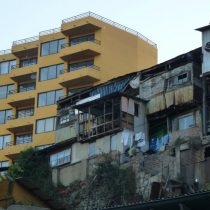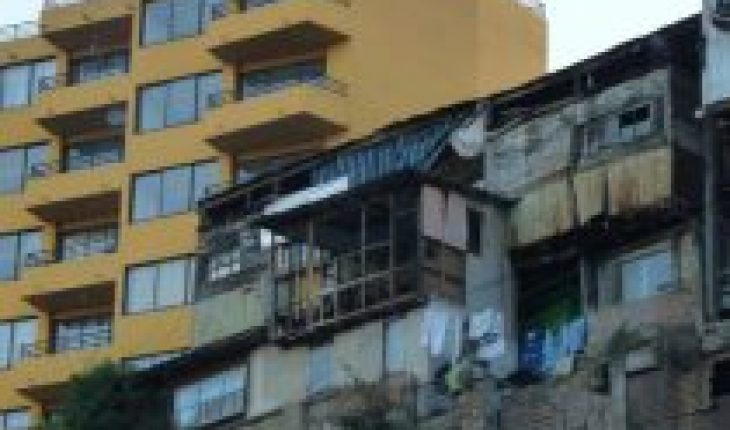
The crime of inequality remains without sustainable economic growth. Without prejudice to the fact that we take the data of the World Bank (2013 or 2017), the positions occupied in terms of Gini coefficient by our country place it among the most unequal countries in the world (between 5th and 12th place). The figures are devastating: we have a GDP per capita of about US 25,000, ranking first in Latin America, after Panama, and by contrast almost 11 percent of our compatriots live in poverty (ECLAC 2020).
Basic services or public utility must be paid for under the conditions of a market that is often abusive and uncontrolled, which places us among the most expensive countries in South America (World Bank International Comparison Program).
While wages are low, the costs of living to pay for water, electricity and gas bills soar, because they fit precisely this model. This is aggravated in the public utility services that we occupy daily, such as public transport or mobile-internet telephony.
As country incomes rise, people’s quality of life has been eroded for decades, marked by arbitrary differences in quality health care – where private clinics /Isapre cover 20 percent of the population, and public services /Fonasa must take care of the most vulnerable 80 percent of the population. The discrediting of the AFP and the social security system is the corollary of this profound “non-response” to the retirement needs of our elderly.
Thus, for the challenges that our country must urgently face, a new deal is essential for the actors involved in economic development. This implies an efficient, modern, agile, out-of-bureaucratised and transparent state. In concrete terms, among others, it involves profound changes to the Ministry of Public Works, the Ministry of Transport and the Ministry of Housing. Its organization, which is often stagged by the practices of delaying solutions, is explained by a lack of competence or simply irresponsibility, by not giving timely processing to files, omitting concrete and purposeful solutions.
Perhaps because of this dramatic diagnosis, we see the temptation reflected in government programs to create new state-owned enterprises. Beyond good intentions, it is a fallacy to believe that by adding state-owned enterprises we will bring about change. Just look at what happens with the State Railway Company and the absence of inter-regional transport.
For the challenges ahead, we urgently need a great public infrastructure plan that allows basic services and public utility, that dignifies the lives of our families and, at the same time, generates thousands of well-paid jobs. A virtuous cycle of sustainable development in which we build trains, trams, cable cars, ports, bridges, roads, desalination plants, technological irrigation, hospitals, among others, through a dynamic, efficient and tried public-private partnership.
Among the works to be executed – just to mention here two major sectors of sustainable development – electromobility and water resources stand out, we postulate thus, in a horizon of 4 years, which coincides with the presidential period and government programs, to effectively develop the projects so often announced in electoral periods:
Trains Valparaiso-Santiago-San Antonio; Santiago-Chillán-Concepción. Adding Santiago-Melipilla and the extension of Temuco. They consider passenger and cargo mode, which are estimated at more than US$6,000 million. Intercity trams in Coquimbo-La Serena and Las Compañías cable car, Rancagua-Machalí, Viña del Mar; Alto Hospicio-Iquique cable cars; Puerto Montt, totaling more than US$ 1000 million. Multipurpose desalination systems (human consumption, agriculture, agribusiness, mining) in regions such as Coquimbo, Valparaíso, O’Higgins, among others, that consider the possibility of supplying the Metropolitan Region, for sums also exceeding US$ 1,200 million..
It is irritating to see how at the beginning of each government works are promised that are then left on the list of advertisements trapped in the offices of bureaucrats or incompetents. The lack of probity is not only the commission of crimes, but also not acting with the technical proactivity and speed that matters of public utility merit. Both must be punished, because what is at stake is a higher good that the citizenry is crying out for: overcoming inequality with economic growth.intelligent onómico.
The content of this opinion column is the sole responsibility of its author, and does not necessarily reflect the editorial line or position of El Mostrador.





